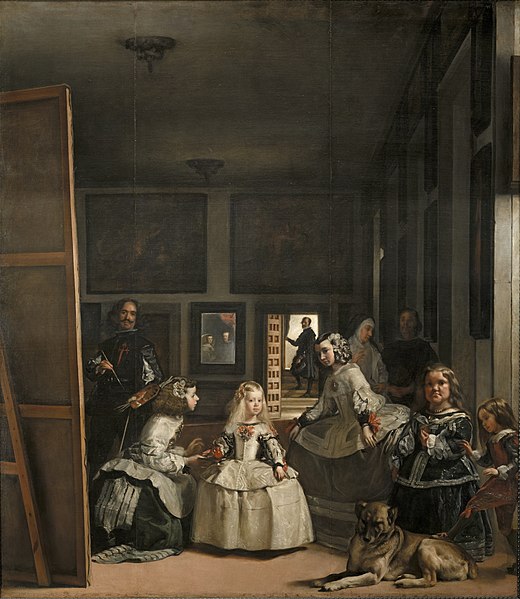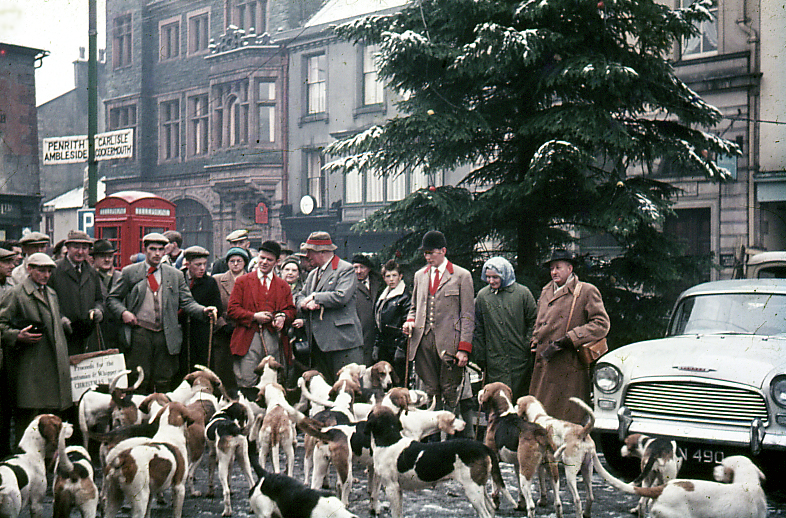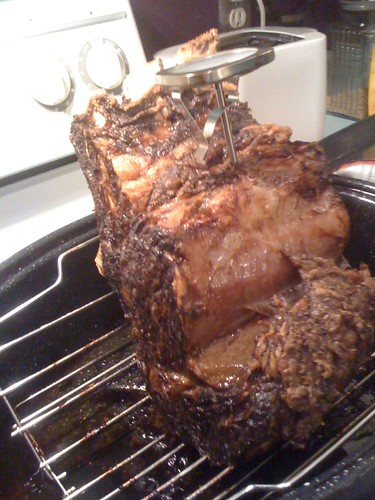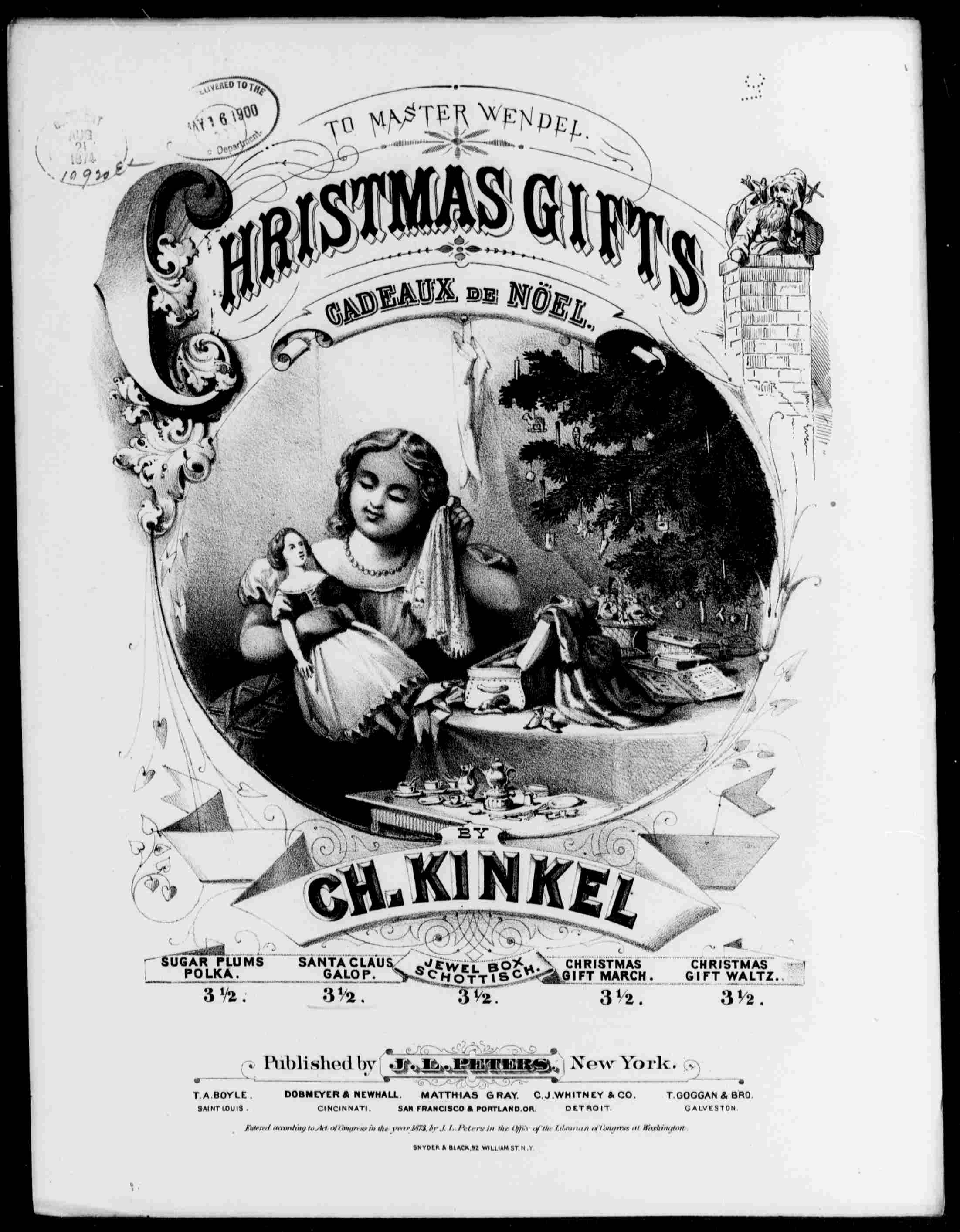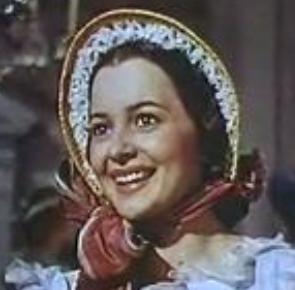
The other day on the drive to work, a song by Paul McCartney came on and my daughter said, "It's the
Beatles!" I told her no, this was a song he did after the band broke up.
"You mean after the others died?"
"No..."
"Is Ringo still alive? Is he singing on this song?"
"He's alive, but he's not on this song, he has his own band."
"Why did George and John die?"
"Well, George got sick, and John . . ."
"Did he get sick?"
"No, a very bad person hurt him. They shot him."
"Why? Where?"
"It was in New York. Actually the first year I was in
college. It was very sad."
"You were there? You saw it?"
"How did he shoot him?"
"He was coming out his front door, where he lived, and this person shot at him and unfortunately John was so badly hurt that he died."
"Just like Abraham Lincoln!"
"Yes, but that happened a long, long time ago, here, in DC."
"Here?" We are parking the car now, getting out.
"Yes, just up the street, at Ford's Theater." Walking through the garage, towards the exit.
"Can we take the escalator?"
"Absolutely."



